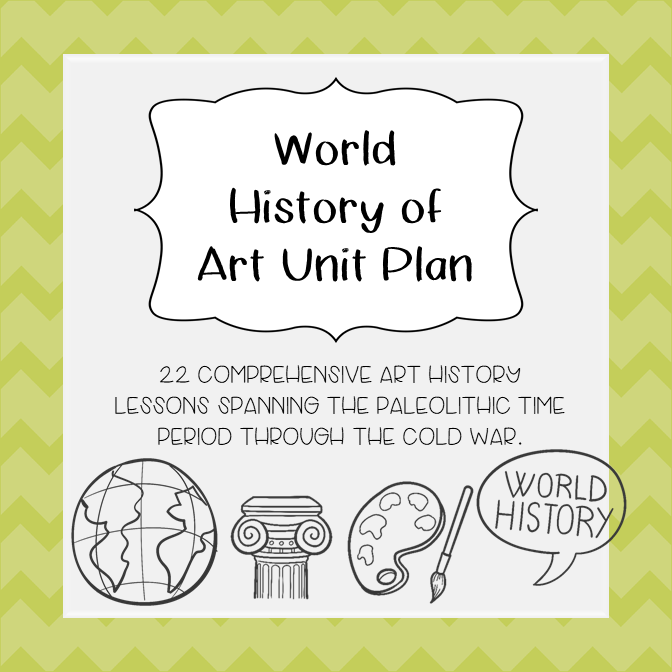While they are a regular and necessary part of teaching, observations can be challenging for any teacher.
While they are a regular and necessary part of teaching, observations can be challenging for any teacher.
As such, it’s down to the administration – and principals – to provide a process that’s efficient, practical, and fair. Anyone rarely behaves the same when they’re closely scrutinized as when they’re alone with their class. So, by improving the process and encouraging a less intimidating perception of observations, principals can do their part to make the situation a little more painless. As well as a lot more effective.

At a basic level, these vital parts of education management offer:
With observations providing all this valuable information and more, it’s not a surprise that they are a staple of many schools to ensure they continue to be effective, relevant, and on track. But extra work is needed on the principal’s side to make the process streamlined and effective without the usual negative connotations.
Here are just a few ways observations can be improved and how they can be implemented in education settings:
When you have a lot of observations to complete, it can be easy to see teachers as a name on a list. But each is a living, breathing person that provides a specific service to your school. Little things, such as entering the classroom with a smile and a greeting, or thanking the teacher at the end of observation, can make a lot of difference.
For teachers with exemplary results, taking the time to praise them and let them know they’ve done an excellent job can go a long way. But it’s also important to acknowledge those with worse performance and support them if needed. Striking the right balance between being personable and having authority is vital. But don’t make the mistake of treating your teachers as inferior or unqualified when very often they do their jobs exceptionally well.
There’s nothing worse than waiting around for results. Whether it’s exams, work reviews, or anything else, keeping people hanging is no good for anyone involved. The longer you wait before following up gives your teachers more time to think about everything that could have gone wrong. Even if your schedule is busy, making room for follow-up the same week or the following one can significantly improve the system. It is more efficient, and your teachers will feel more appreciated. Taking the time to sit down and explain your thought process can also go a long way towards helping teachers to improve, in a way, an email or letter cannot.
While it can be easy to judge a teacher’s performance based on a checklist, teaching is about far more than simply ticking those boxes. As a principal, you should understand there’s no right way to teach. Therefore it’s essential to pay attention, understand the process, and appreciate that you can also learn when it comes time for evaluations. Your teachers are likely the recipients of newer knowledge, insights, and training that make them uniquely qualified for the current generation of students. Staying in the loop can ensure your evaluation is unbiased, insightful, and understanding.
What do you think principals can do to make teacher observations better?